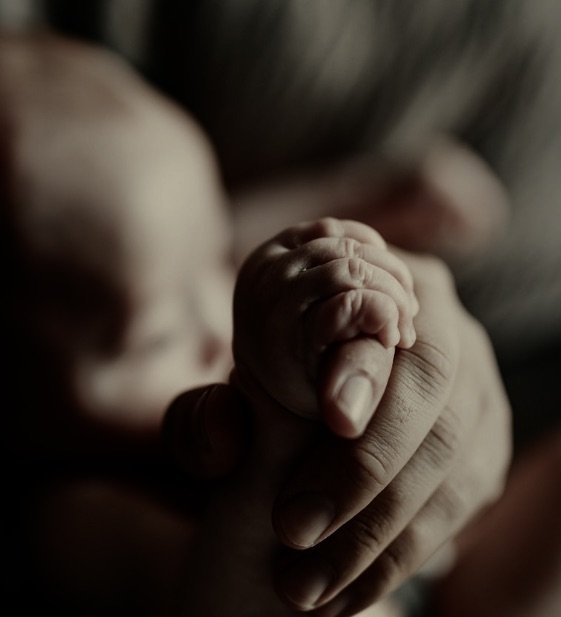The beautiful Christmas (really Advent) song “O Come, O Come, Emmanuel” has long been one of my favorites, but a friend told me something new about it this year that deepened my appreciation for it even more. I didn’t know that it contains a hidden message of hope.
I’m certainly no expert, but here’s what I’ve learned from my friend and a little digging. The song was originally written in Latin and is based on the “O Antiphons,” which are a series of short sentences, written in the 7th or 8th century, read or sung as part of Catholic Evening Prayer during Advent. Each one focuses on a different Old Testament name for the Messiah, taken from the book of Isaiah.
The seven antiphons, in the original Latin, are these:
Dec. 17, O’ Sapientia (Wisdom)
And the Spirit of the LORD will rest on him— the Spirit of wisdom and understanding, the Spirit of counsel and might, the Spirit of knowledge and the fear of the LORD. – Isaiah 11:2
Dec. 18, O’ Adonai (Lord or Ruler)
He will give justice to the poor and make fair decisions for the exploited. The earth will shake at the force of his word, and one breath from his mouth will destroy the wicked. - Isaiah 11:4
Dec. 19, O’ Radix (Root of Jesse)
Out of the stump of David’s family will grow a shoot— yes, a new Branch bearing fruit from the old root. – Isaiah 11:1
Dec. 20, O’ Clavis (Key of David)
I will give him the key to the house of David—the highest position in the royal court. When he opens doors, no one will be able to close them; when he closes doors, no one will be able to open them. – Isaiah 22:22
Dec. 21, O’ Oriens (Radiant Dawn)
The people walking in darkness have seen a great light; on those living in the land of deep darkness a light has dawned.- Isaiah 9:2
Dec. 22, O’ Rex Gentium (King of the Nations)
The LORD will mediate between nations and will settle international disputes. They will hammer their swords into plowshares and their spears into pruning hooks. Nation will no longer fight against nation, nor train for war anymore. – Isaiah 2:4
Dec. 23, O’ Emmanuel (God with Us)
The Lord himself will give you the sign. Look! The virgin will conceive a child! She will give birth to a son and will call him Emmanuel (which means ‘God is with us’). – Isaiah 7:14
There are a number of different English translations of the song, but they all capture the original idea expressed in the antiphons. These are the first lines of the stanzas in the version I’m most familiar with.
O come, O come, Emmanuel
O come, O Wisdom from on high
O come, O come, great Lord of might
O come, O branch of Jesse’s stem
O come, O Key of David
O Come, O bright and morning star
O come, O King of Nations
The order of the English verses is almost the same as the order of the originals, but not quite. There’s something very special about the order of the Latin antiphons, which is where the hidden message comes in.
If you take the first letter of each Latin name, and then reverse the order (beginning with Emmanuel, and ending with Sapienta) you get the phrase Ero Cras. Most translate this Latin phrase as “Tomorrow, I will come.” Another translation is “I will be present tomorrow.”
Isn’t that cool? I like both translations. The first seems to fit the Advent season and the longing expressed in the hymn. The world awaits the promised Messiah, and at Christmas, he comes.
The second translation speaks to me, too, though. I often find myself longing and waiting for God to break into my circumstances and change them. My heart cries for Jesus to come and fix things. If I stop to listen, though, I can hear him saying “I will be present tomorrow.” He’ll be present tomorrow, like he’s present today. Whether or not he changes all the things I’d like him to change, he is with me. He is the gift.
May you have a blessed Christmas, filled with the knowledge of God’s presence with you.








